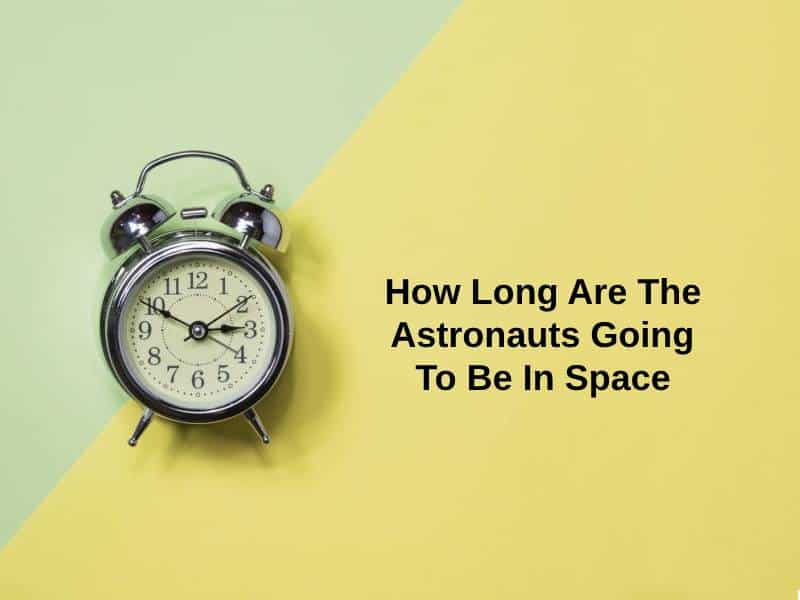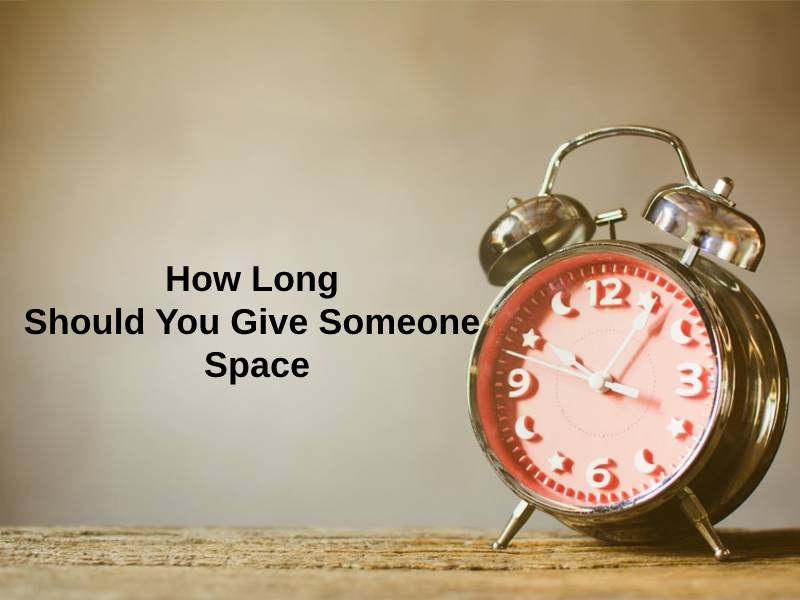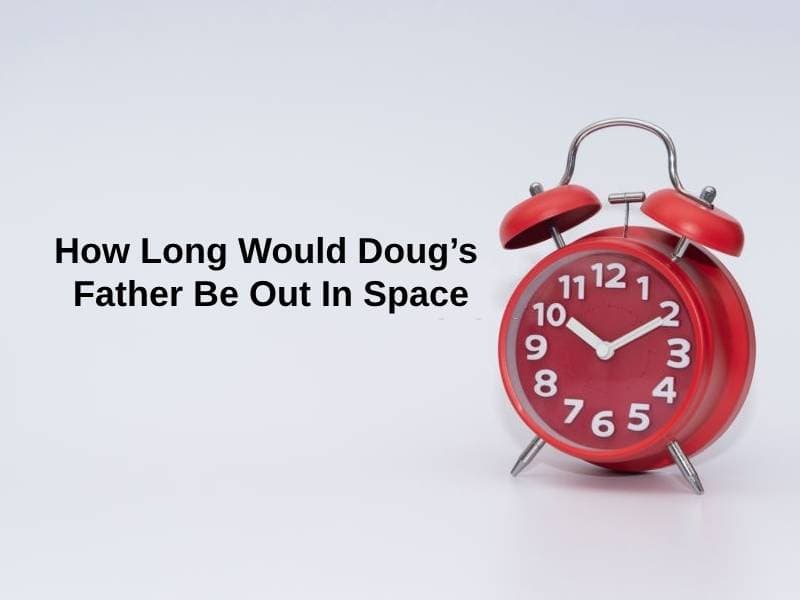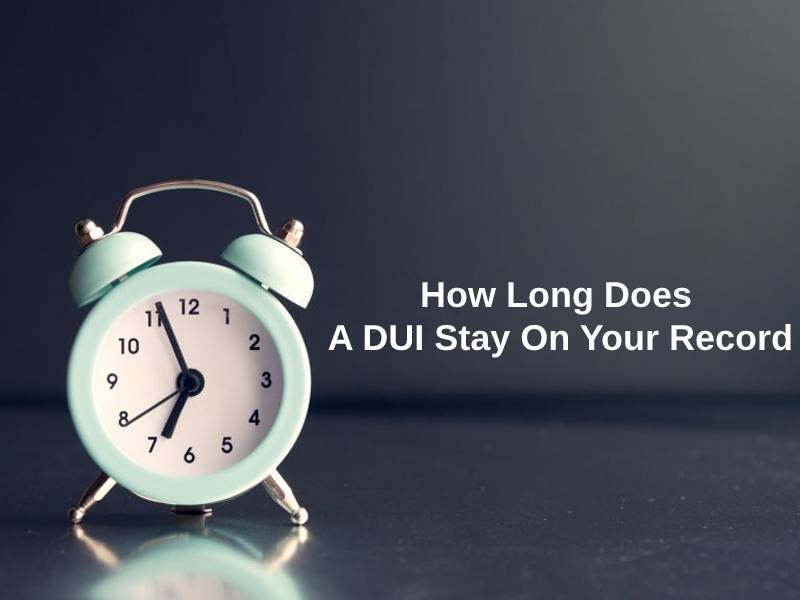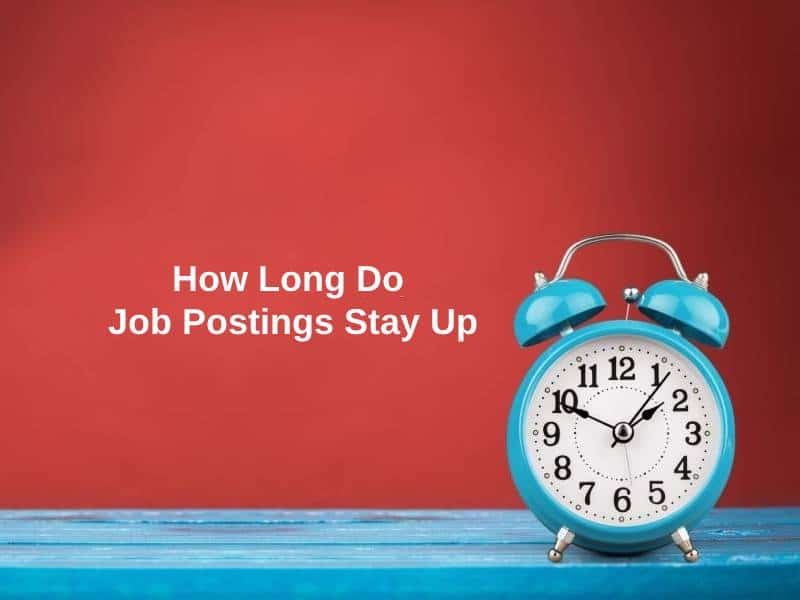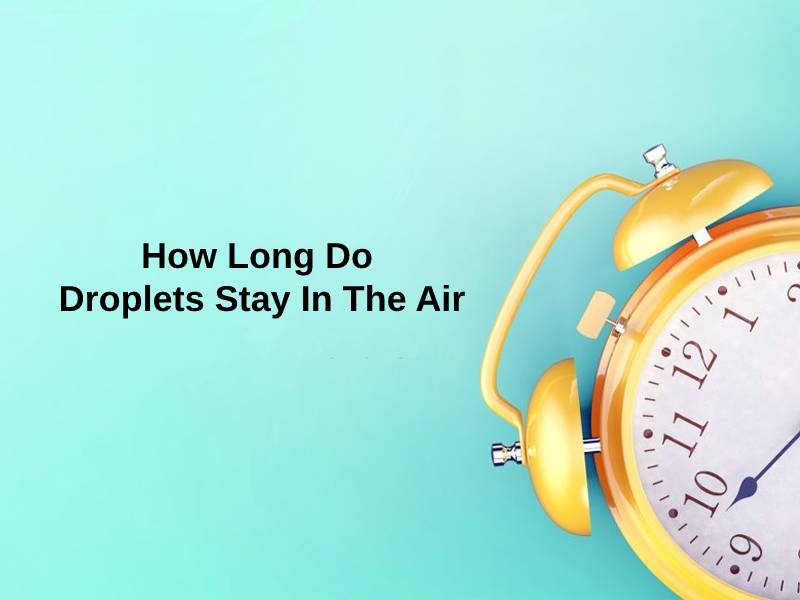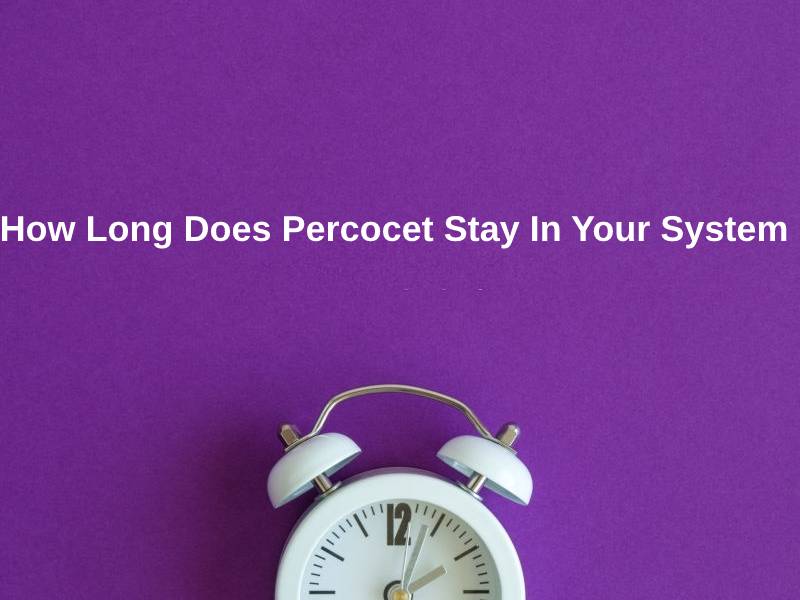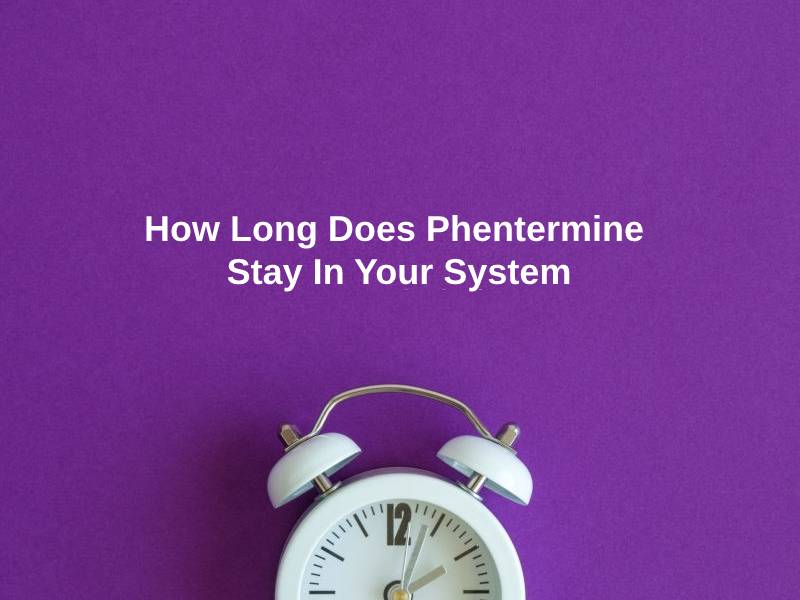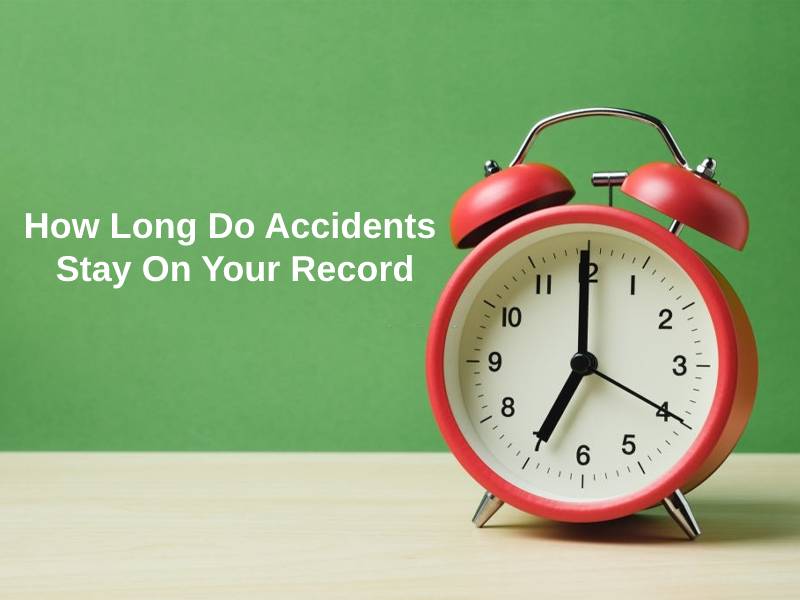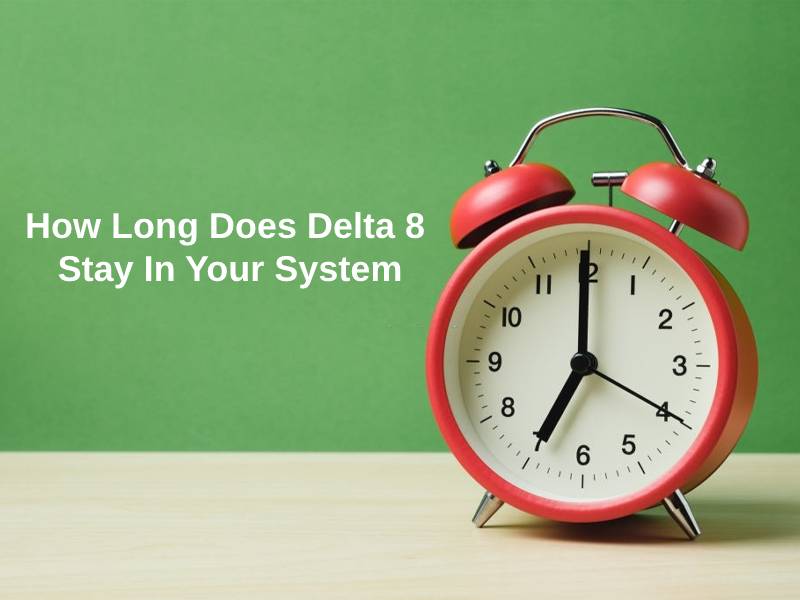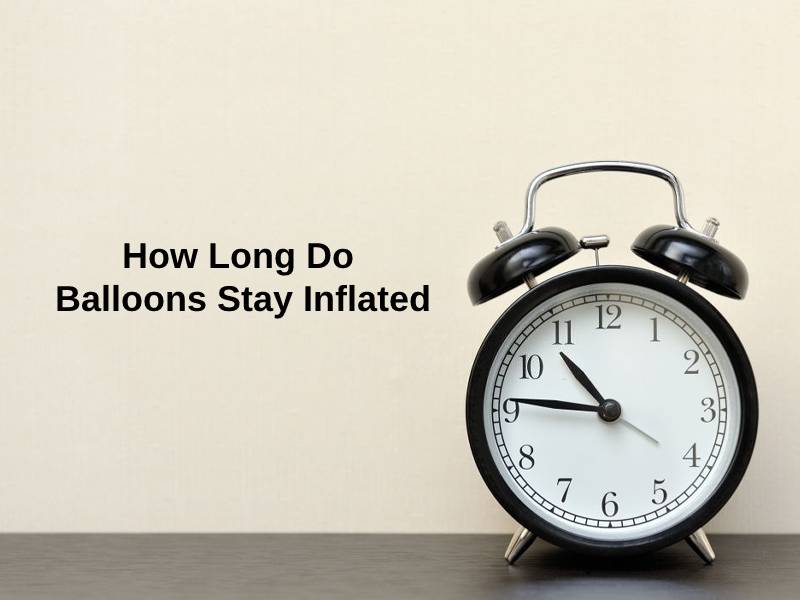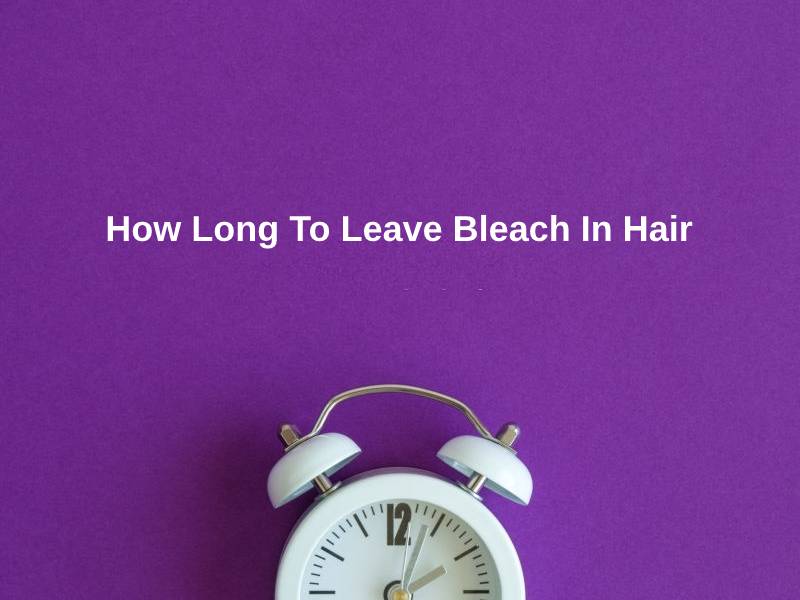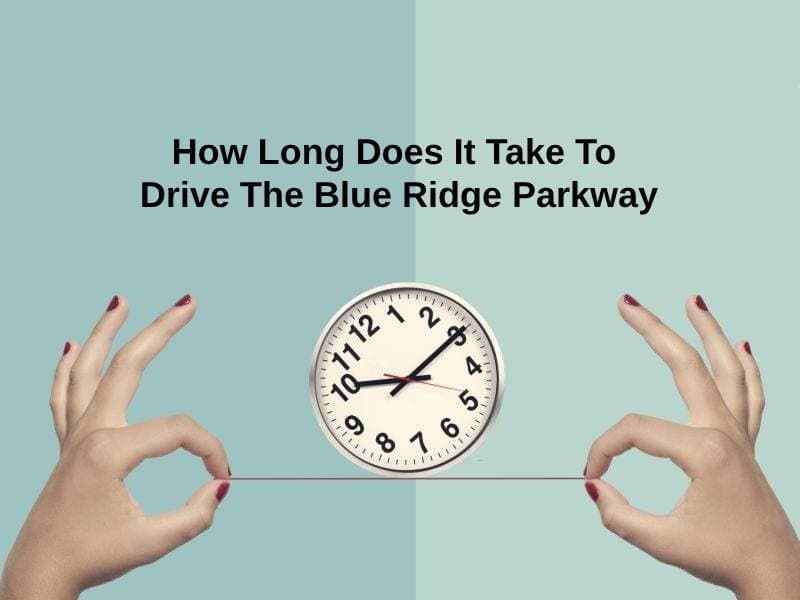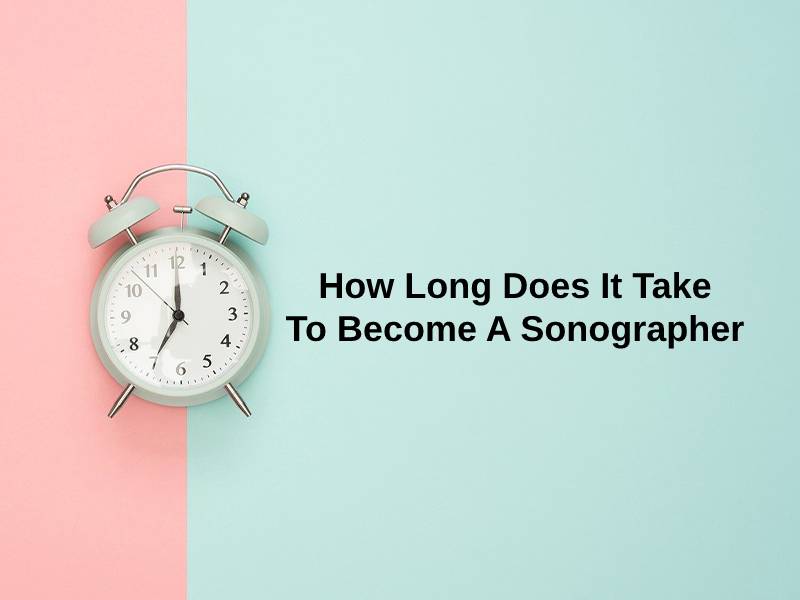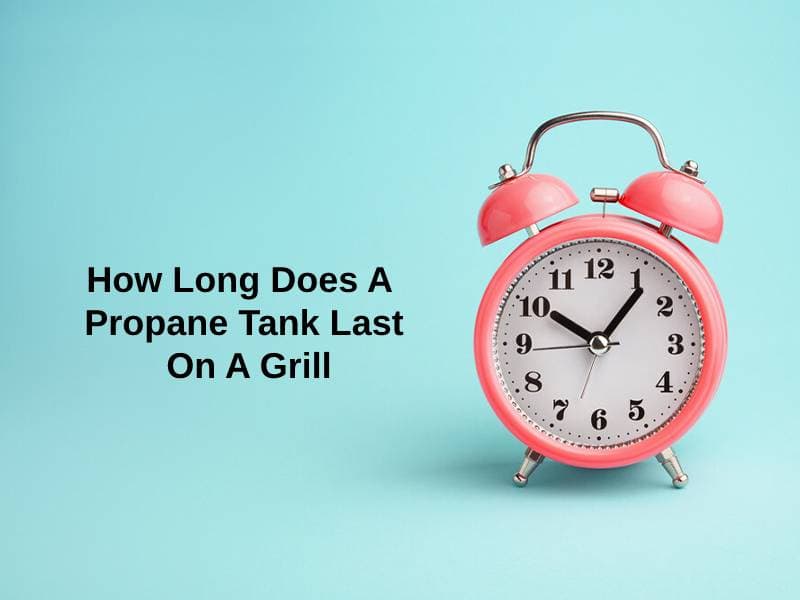Exact Answer: 6-12 Months
Earthlings have always been captivated by life in space, and blockbuster films like The Martian simply add fuel to the fire. While Matt Damon did an excellent job of establishing himself on Mars, viewers were left wondering how long people can genuinely survive in space.
We all get to see kids who dream to become an astronaut when they grow up. Well, it won’t be wrong if we say that it is one of the most difficult jobs to be an astronaut. Many people wonder about the amount of time for which astronauts stay in space. The number of days an astronaut may live a healthy ‘lifestyle’ in space is increasing as technology advances.
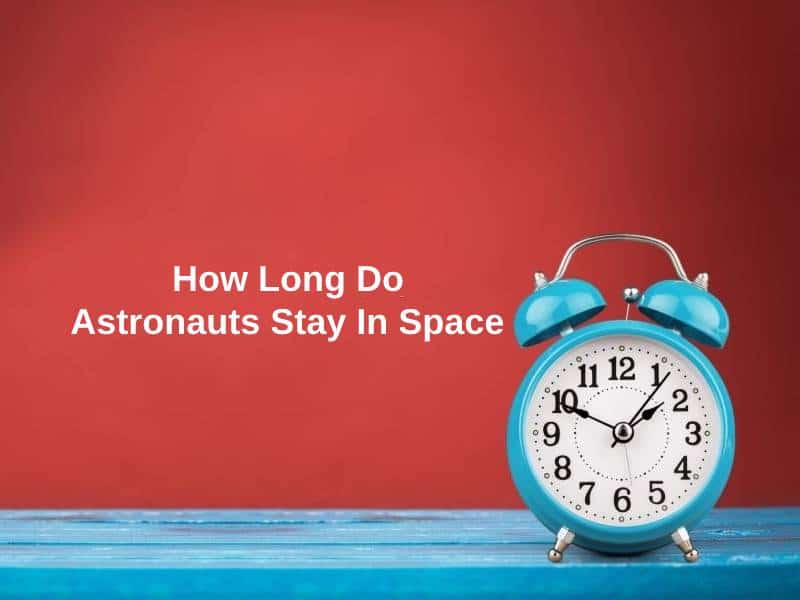
How Long Do Astronauts Stay In Space?
| Time | Duration |
| Minimum | 6 Months |
| Maximum | 1 Year |
Expeditions, or missions to the International Space Station, normally last six to 12 months. Some people don’t know about the number of people who are sent on a mission. Well, four to six crew members are on board during a mission. Professional space travellers can be found in various countries. Mike Lopez-Alegria, an American-Spanish astronaut, has conducted the longest US space station mission to date, clocking in at 215 days.
Valeri Polyakov, a former cosmonaut, spent 14 months on board Russia’s Mir space station. During the space shuttle’s lifespan, however, space flights were just two weeks long. Astronauts need to be well-alert, examining the many approaches and agendas that the group in space will employ, assisting in the programming of the space station and spacecraft, and developing systems and procedures to be used during spacewalks or mechanical operations.
This is a regular day for many people on Earth: a nine-to-five job, some relaxation in the evening to prepare for the next day, and two days off on the weekend. It may surprise you to find that astronauts in space follow a similar regimen. They work normal hours, just like us mere Earthlings, and have plenty of leisure time to decompress. They even receive weekends off, unless there is an emergency aboard the International Space Station (ISS) that necessitates quick care, such as avoiding space debris.
While it may seem self-evident now, astronauts’ work-life balance and mental health were not always taken into account. We’ve come this far thanks to decades of space flights, and we’ve had to overcome a few obstacles along the way. We need to go back to the dawn of human spaceflight to understand where it all started.
Why Do Astronauts Stay In Space For That Long?
Most people think about things that make space survival difficult. To begin with, the human body has evolved to work in gravitational settings. As a result, space is a hard environment for mankind. Muscles degrade in space because they are continually working against gravity on Earth. The heart is one of the organs that shrink when you are in space and this is one of the main reasons why astronauts can’t stay longer in space.
Because bones are no longer required to support the body’s weight, they are no longer required to be maintained. While bone tissue is still being absorbed, it is not being regenerated, resulting in fractures and kidney stones. Extensive time in space has also been demonstrated to disrupt the immune system, making astronauts prone to infections, hypersensitivity, and undesired autoimmune responses.
Another danger is radiation, which astronauts are constantly exposed to in the form of solar radiation and geomagnetically bound radiation etc. When you are Overexposed to the radiation, it can cause significant cell mutations. This further results in cancer, epigenetic changes, and even death. Radiation can also cause bone marrow to deteriorate, the immune system to weaken, and cataracts to form in the eyes.
Astronauts are still vulnerable to secondary radiation from gamma rays and energetic neutrons, even with next-generation shielding technologies to protect them. While radiation can be harmful to one’s health, light is also important in modern research. Light Source Characterisation in Life Sciences’ delves deeper into photonics and its applications in fields as diverse as biological research, biomedical instrumentation, and agriculture.
Conclusion
Astronauts can also communicate with their families via phone, messages, and email, as well as use the internet. Many astronauts even have their social media accounts and use them from space. This high level of contact allows them to feel connected to Earth, which could be challenging on future missions to Mars because communication with Earth will be difficult due to scheduling delays.
When astronauts go to space, they just have to be alert all the time and be in control. It depends from person to person about what they want to do in space. But, as there are various negative effects that you might have to go through when you are in space, you can’t stay there for more than 12 months.


